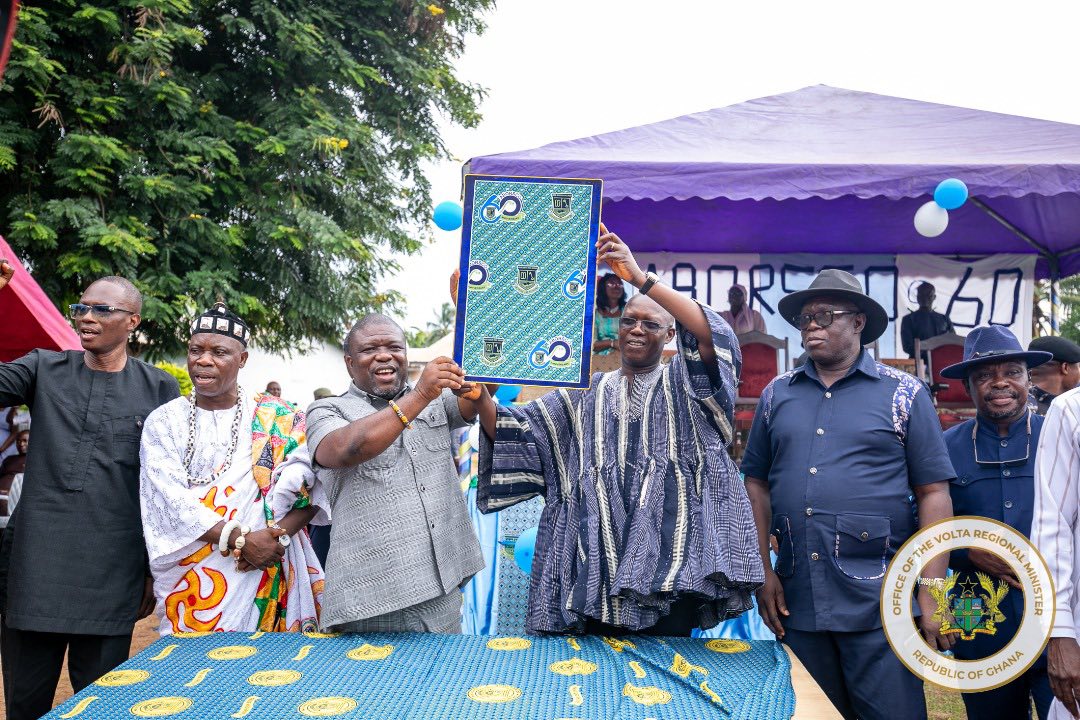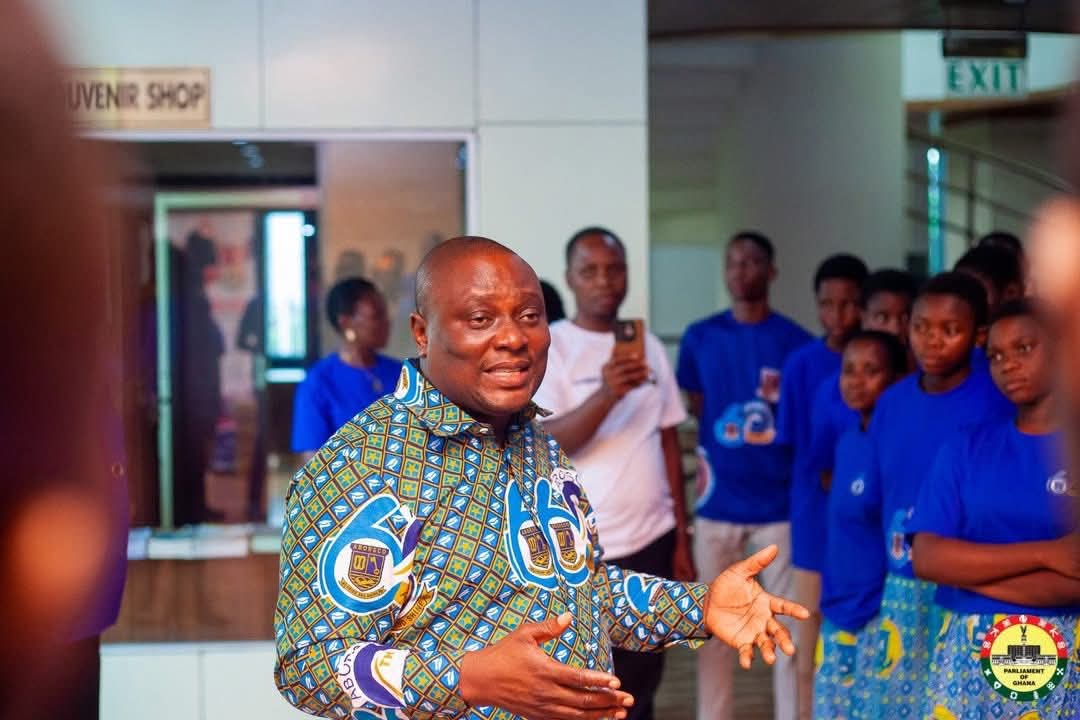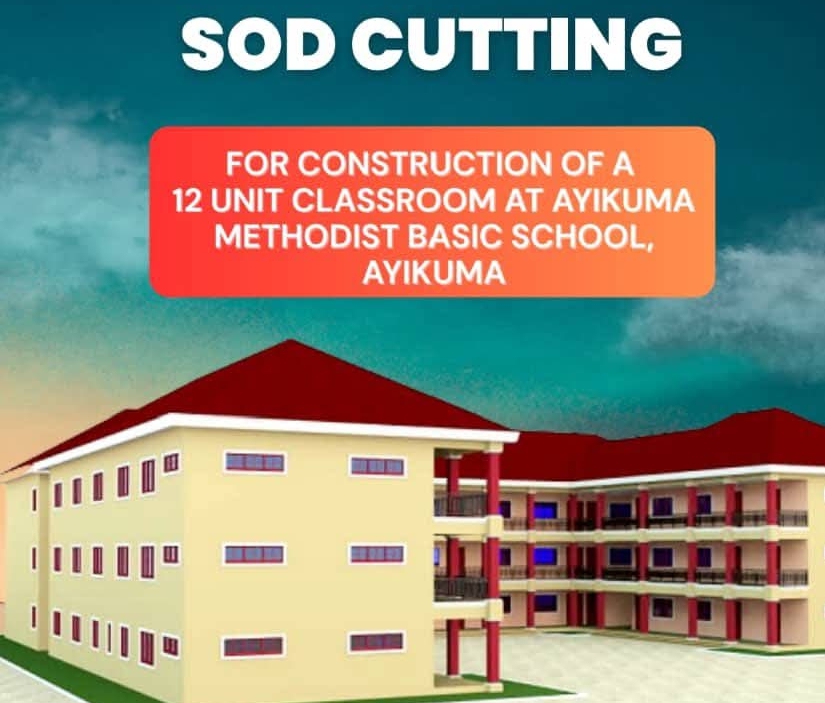A member of the committee tasked with planning the National Economic Dialogue (NED), Professor John Gatsi, has assured that the outcomes of the dialogue will be published to ensure transparency and accountability in the implementation of its recommendations.
Speaking in an interview with NorvanReports, Prof. Gatsi emphasized that the publication of the dialogue’s outcomes would enable Ghanaians to track whether or not the government is implementing the proposed measures.
“The outcomes of the dialogue will be published to the general public so everybody knows what goes into the recommendation. If they are being implemented, all Ghanaians will know. If they are not being implemented, we all will know because it has been published. So that is one of the mechanisms to track whether the government is implementing the recommendations or not,” he stated.
On the possibility of further expenditure cuts as a recommendation from the dialogue, Prof. Gatsi indicated that such proposals would be transmitted to the President. However, he cautioned that expenditure cuts should not negatively impact economic growth.
“As to whether or not there will be further cuts in expenditure, we have not had the forum yet. If that is part of the recommendations from the forum, that will be transmitted to the President. And as the President has promised already, he will be guided by the recommendations,” he explained.
He added that while expenditure rationalization is important, cuts that stifle economic growth would be counterproductive. “An expenditure cut that will affect growth is also a problem. But we cannot answer those questions before the forum. We can only report what the forum agrees on. So if the forum agrees on further cuts, that will be put into the report for the President and his team,” he stated.
Prof. Gatsi further highlighted the government’s positive stance towards the dialogue, stating that the administration has demonstrated willingness to be guided by the recommendations.
“The posture of the government is positive. The government has clearly indicated its willingness to be guided by the recommendations of the dialogue. This was communicated to the chairpersons and presenters of technical papers yesterday. So we have no problem about the recommendations. That is the reason why the committee was formed to plan this dialogue,” he said.
He also noted that the dialogue’s outcomes would contribute to shaping the 2025 budget as well as the country’s medium to long-term economic agenda.
“This dialogue will make input into the 2025 budget. It will also make input into the medium to long-term economic agenda for the country. So that when implemented, we can see the real recovery of the economy—restoring macroeconomic stability, ensuring growth, enhancing private sector participation, restoring good governance, and combating corruption effectively while engaging in structural and policy reforms.”
The National Economic Dialogue is expected to serve as a platform for engagement between the private sector, academia, public policy institutions, and civil society organizations to address Ghana’s economic challenges and find lasting solutions.
National Economic Dialogue to Address Country’s Economic Challenges Set For March 3rd and 4th
The Government of Ghana, under the leadership of President John Dramani Mahama, has announced the National Economic Dialogue, scheduled for March 3rd and 4th, 2025, at the Accra International Conference Centre.
The two-day forum aims to provide a platform for key stakeholders to engage in discussions on Ghana’s economic challenges and propose actionable solutions for sustainable economic growth. President Mahama will deliver the keynote address on the theme “Resetting Ghana: Building the Economy We Want Together.”
The dialogue aligns with President Mahama’s campaign pledge to foster inclusive decision-making on economic policies. It is expected to drive consensus and collaboration on priority policies and structural reforms necessary to revitalise the economy.
Key stakeholders from the private sector, academia, public policy institutions, and civil society organisations will participate in thematic discussions on:
- Achieving sustainable macroeconomic stability
- Promoting economic transformation
- Advancing infrastructure development
- Implementing structural reforms
- Ensuring private sector-led growth
- Restoring good governance and combating corruption
Source: NorvanReports





































